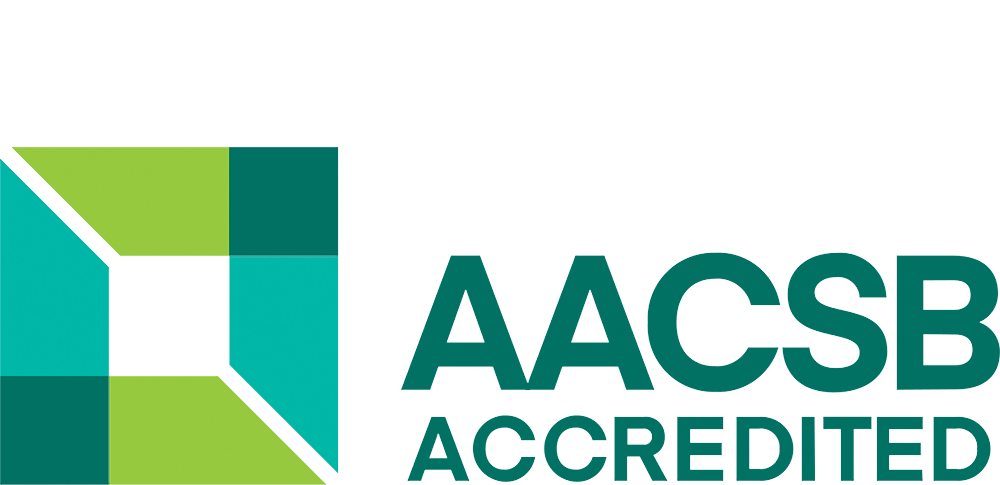Many ways of working, consuming and running a business have been rethought in recent years in favor of resource conservation. The circular economy is one of the new business models. What exactly is the circular economy? What are its 7 pillars? What are the advantages of developing the circular economy? How to train to apply this principle? We reveal everything in this complete file.
What is the circular economy?
The circular economy is a set of means and methods aimed at optimizing and rethinking the use of resources and energy. According to the ADEME (agency for ecological transition), "The circular economy aims to change the paradigm from the so-called linear economy, limiting the waste of resources and environmental impact, and increasing efficiency at all stages of the product economy."
Sustainable business models training
What are the 7 pillars of the circular economy?
The concept of the circular economy involves a large number of actors in many sectors. Its stakes are multiple, at the same time environmental, social, societal and economic. Certain major principles govern this concept regardless of the sector:
- Sustainable supply: the extraction and exploitation of resources are done in a more sustainable way, so as to limit waste, waste and the impact of our consumption on the environment. This concerns the exploitation of agricultural, forestry and mineral resources. Purchases must also be sustainable, fair, ethical and supportive (they must be in line with the regulations and CSR strategies of the company).
- Ecodesign: each service, process or product must be designed taking into account its entire life cycle. The latter must be respectful of the environment, from construction to the end of the product or project's life (waste limitation).
- Industrial and territorial ecology: companies must pool their needs as much as possible by sharing and consuming the resources available on their territory. Products and waste should, if possible, be produced, transported, destroyed, recycled or burned locally. Thus, it is possible to optimize equipment, resources such as water, energy and even expertise through an approach inspired by natural ecosystems.
- The economy of functionality: it is a question of privileging the sale of services to the sale of products in order to limit the phenomenon of overconsumption. For example, a tractor construction company can promote the possibility of renting products rather than buying them.
- Responsible consumption: buyers and consumers must make their choice by taking into account the environmental impact of the product they want at each stage of its life cycle.
- Extending the useful life of products: repairing, changing parts, selling or donating second-hand products means that they can be reused instead of thrown away (reuse).
- Improving waste prevention, management and recycling: recycled waste can generate new materials, which can then be reused in the design of products to give them a second life. Waste management must be done according to the type of waste to be disposed of or recycled, while waste production must be limited. For example, reusable products can be preferred to disposable ones.
Short courses
Why develop the circular economy?
The linear economy, an old economic model that is widespread in the world, has led to many consumptions. It did not take into account the notion of environmental preservation, therefore not the need to optimize our modes of production and consumption. By continuing like this, we risk exhausting all of the planet's resources quickly, but also polluting it irreversibly. Opting for a circular economy is therefore an essential gesture for the environment, which would also preserve our economic model. Indeed, the circular economy allows us to respond to many environmental, societal and economic issues (job creation, social link, increased recycling and reuse rate, more ethical and respectful consumption of resources and raw materials, etc.).
How to apply the circular economy in business?
As you have understood, our consumption habits (industrial waste, waste, immoderate consumption of resources, pollution, product obsolescence, unauthorized dumping, food waste, incineration of polluting resources, water depletion...) have a negative impact on the environment. It is essential for companies to be part of a green growth, sustainable development and therefore circular economy approach, all these concepts being closely linked. Here are some tips for applying the circular economy in business:
- Involve all employees, management and hierarchy in the project.
- Create a project steering committee.
- Draw up an inventory of the company.
- Define an action plan that takes into account the main principles of the concept and set precise objectives.
- Finally, it is essential to involve partners at all levels of the value chain (customers, partners, etc.).
Contact-us
Training to implement the principles of the circular economy in companies
Do you want to lead the transition to a circular economy in your company? Learn how to better exploit natural resources while preserving the economic growth of your company? IPAG Business School offers a wide range of circular economy training courses, such as ecological transition training, sustainable business models training, CSR training and energy efficiency training. We offer short courses, but also many long training courses, face-to-face or distance learning. Make your choice according to your needs, your profile and your professional project!







